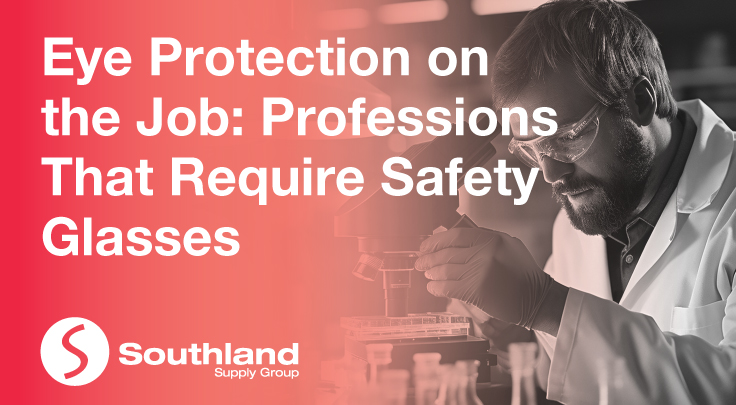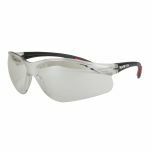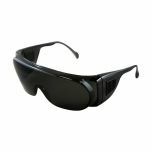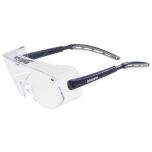
In many industrial workplaces, eye protection is not just a recommended precaution—it's a mandatory necessity. Safety glasses play a vital role in safeguarding our eyes from potential hazards, ensuring that individuals can perform their job duties with reduced risk. In this blog post, we'll explore several professions where safety glasses are a must, shedding light on the importance of eye protection across diverse industries.
Professions that require the use of safety glasses include construction workers, laboratory technicians, welders, carpenters, healthcare professionals, mechanics, electricians, and manufacturing workers.
Safety Glasses for Construction Workers
Construction sites are dynamic environments with numerous potential eye hazards, including flying debris, dust, and splashing liquids. Safety glasses equipped with impact-resistant lenses are essential for protecting construction workers' eyes from these dangers. Polarised safety glasses may be a good option for extended periods of driving, operating machinery, and extensive outdoor work.
Safety Glasses Laboratory Technicians
In laboratories, researchers and technicians work with different types of chemicals, liquids, and volatile substances. Safety glasses with side shields are a standard requirement to prevent accidental splashes or spills from reaching the eyes.
Safety Glasses for Welders
Welding generates intense light and harmful UV radiation, posing a severe risk to the eyes. Welders must wear specialised welding safety glasses with darkened lenses to shield their eyes from the brightness and protect against potential arc flashes.
Safety Glasses for Carpenters
Carpenters work with wood, a material that can produce wood chips, sawdust, and splinters during cutting and shaping. Safety glasses with wraparound designs provide comprehensive coverage, safeguarding carpenters' eyes from these airborne particles.
Safety Glasses for Healthcare Professionals
In hospitals and healthcare facilities, safety glasses are crucial for protecting healthcare professionals from bloodborne pathogens, infectious materials, and accidental splashes during medical procedures. Anti fog safety glasses are often used in this industry to ensure clear vision.
Safety Glasses for Mechanics
Mechanics often work with tools and machinery that can produce sparks, debris, and other potential eye hazards. Safety glasses with side shields or safety goggles are essential to prevent injuries while maintaining or repairing vehicles and equipment.
Safety Glasses for Electricians
Electricians face the risk of electrical arcs and sparks during their work. Safety glasses with anti-static and impact-resistant properties help protect their eyes from potential electrical hazards.
Safety Glasses for Manufacturing Workers
Manufacturing environments involve machinery, tools, and materials that can pose eye hazards. Safety glasses with medium impact lenses are a fundamental part of personal protective equipment for workers on production lines.
Across a spectrum of professions, safety glasses are indispensable tools for protecting vision and preventing eye injuries. Understanding the specific hazards associated with each profession allows individuals to choose the right type of eye protection that provides optimal defense. Whether on a construction site, in a laboratory, or a manufacturing facility, prioritising eye safety ensures a clear vision of a safe and secure future in the workplace.



